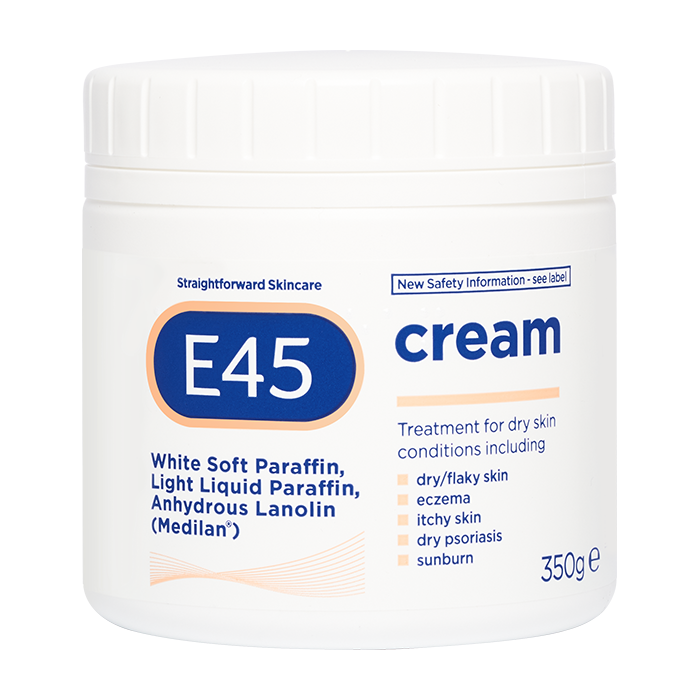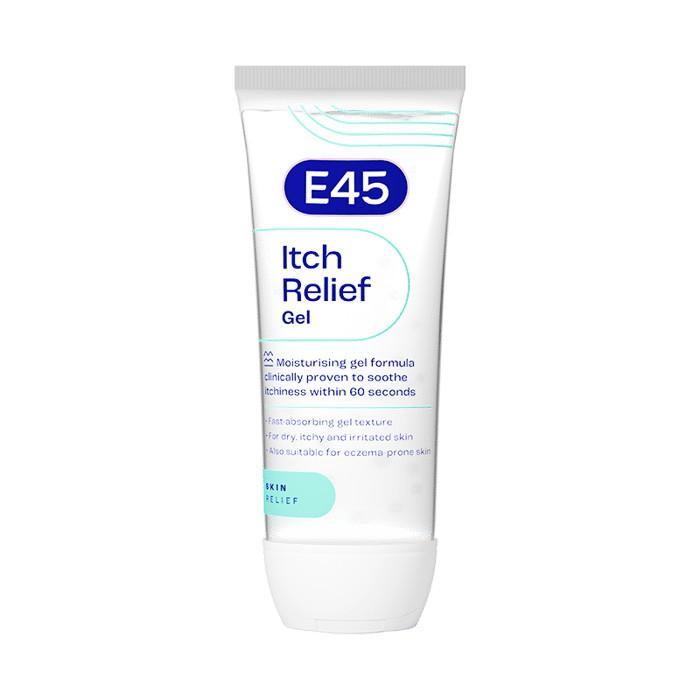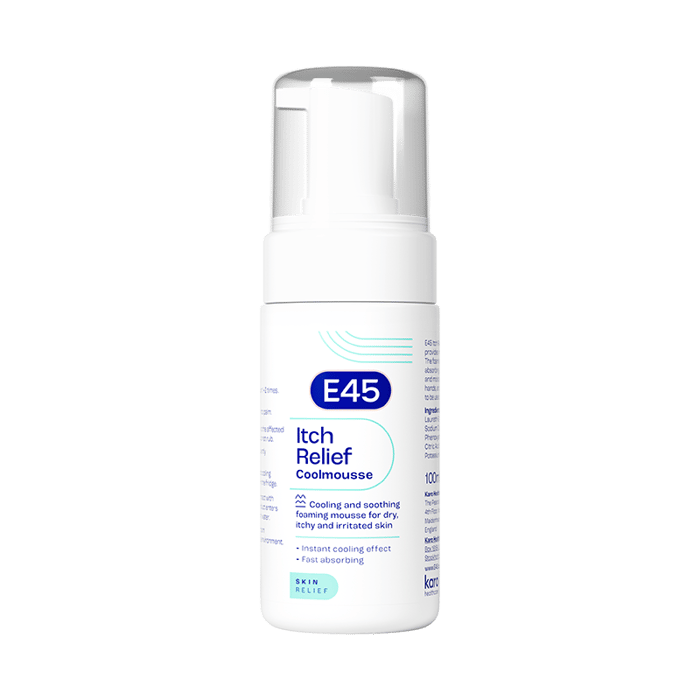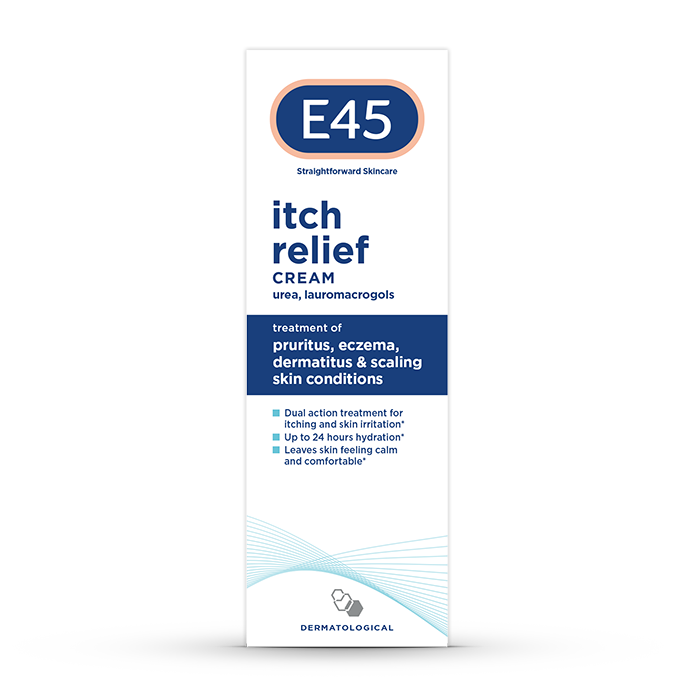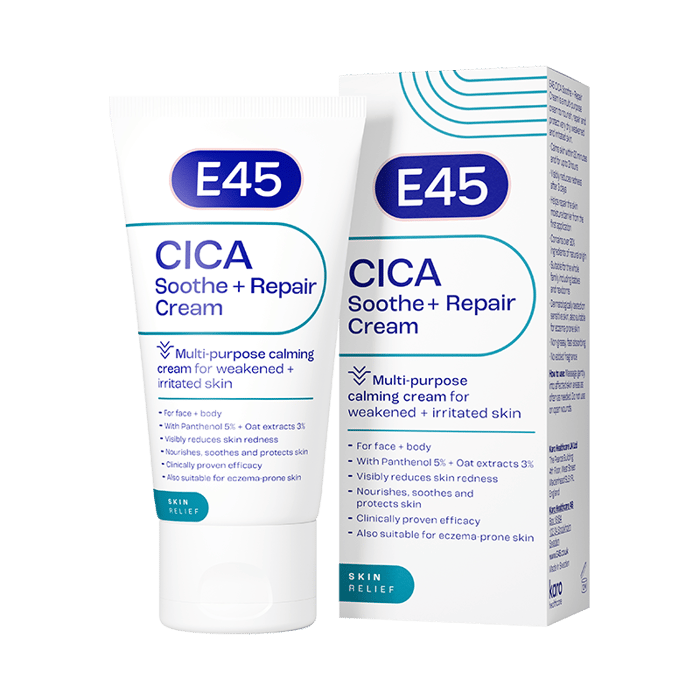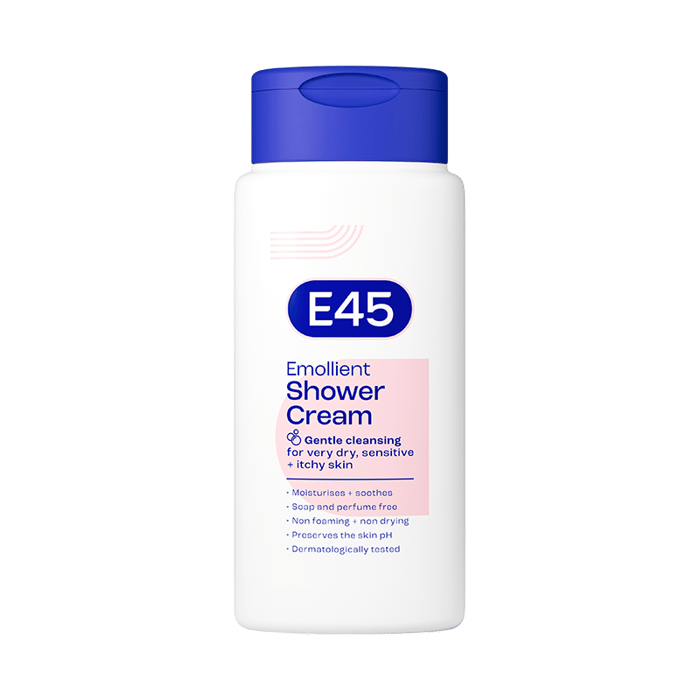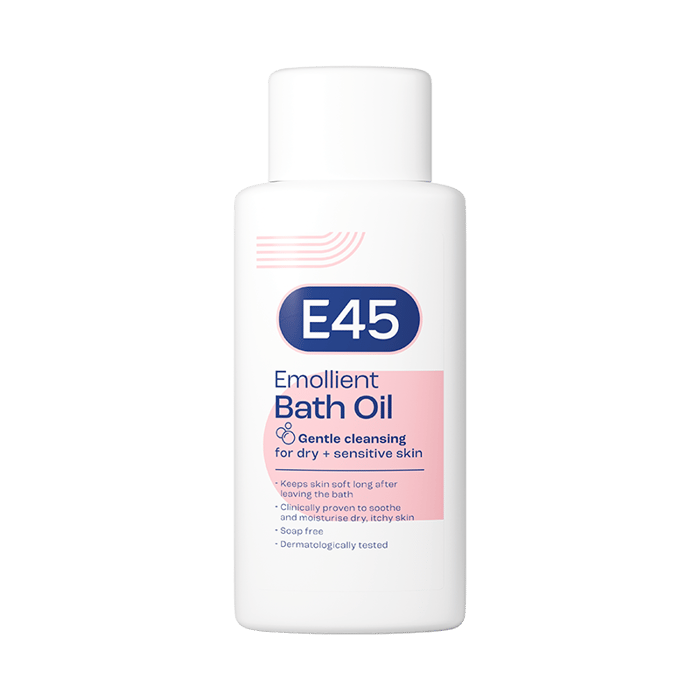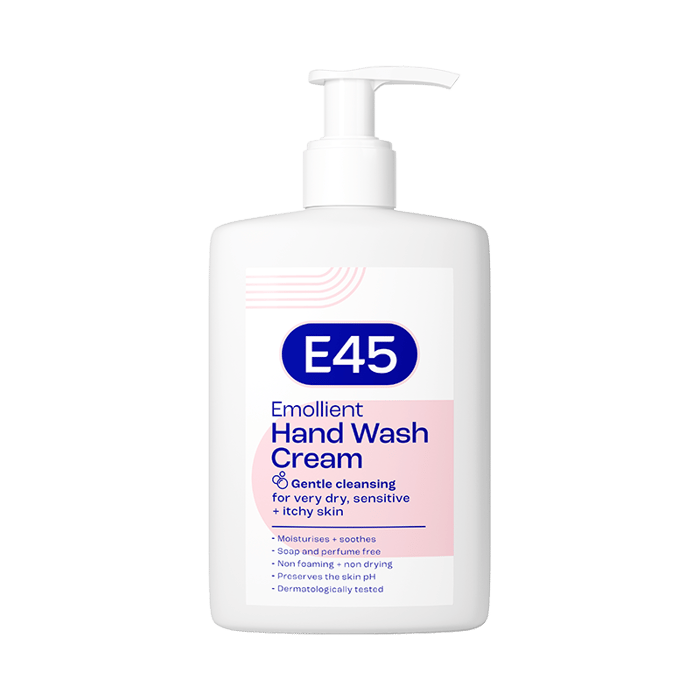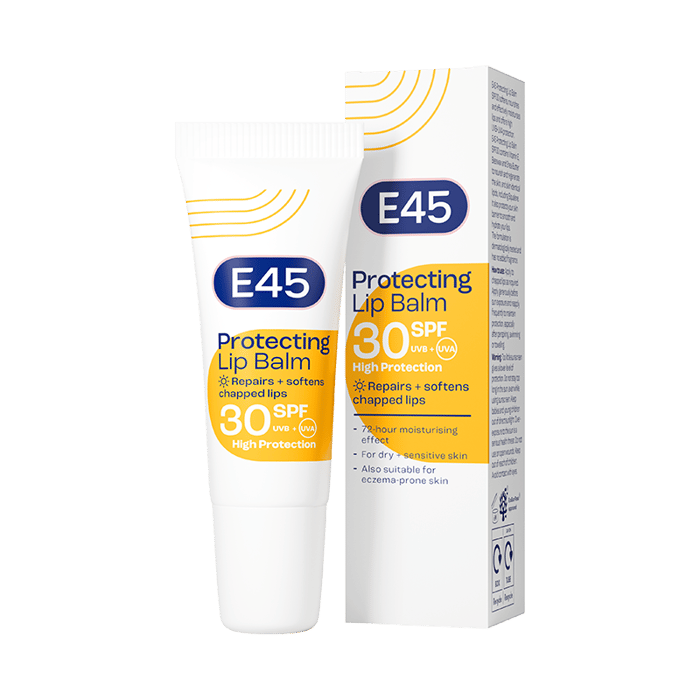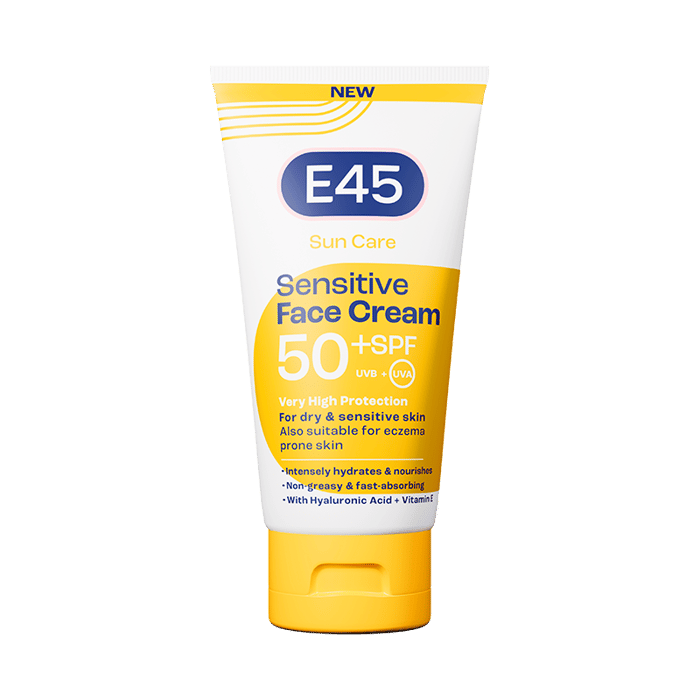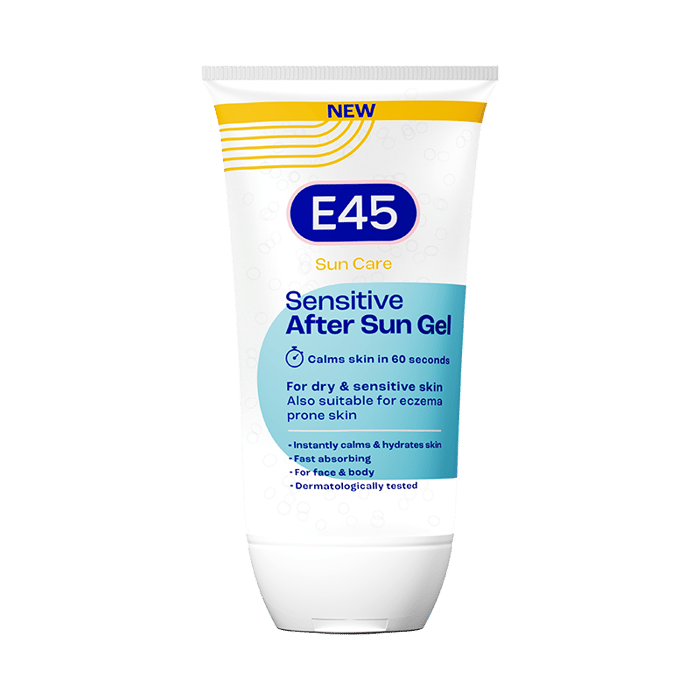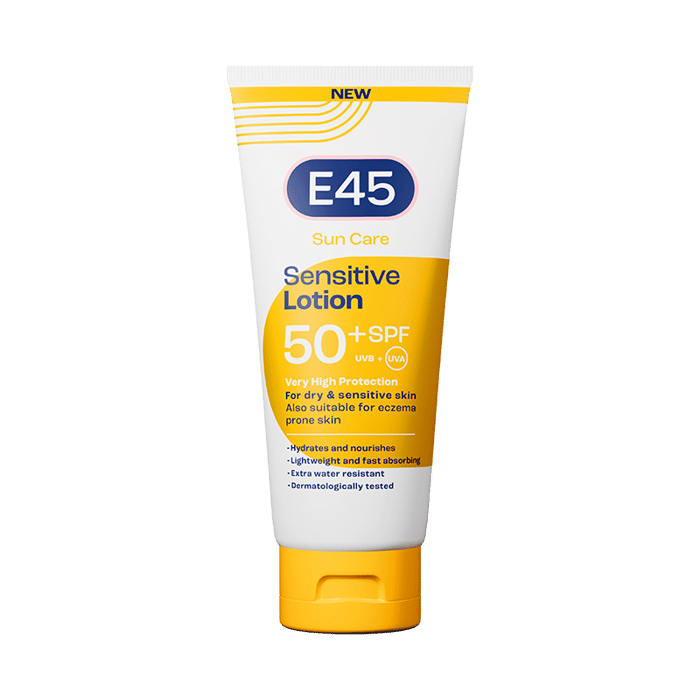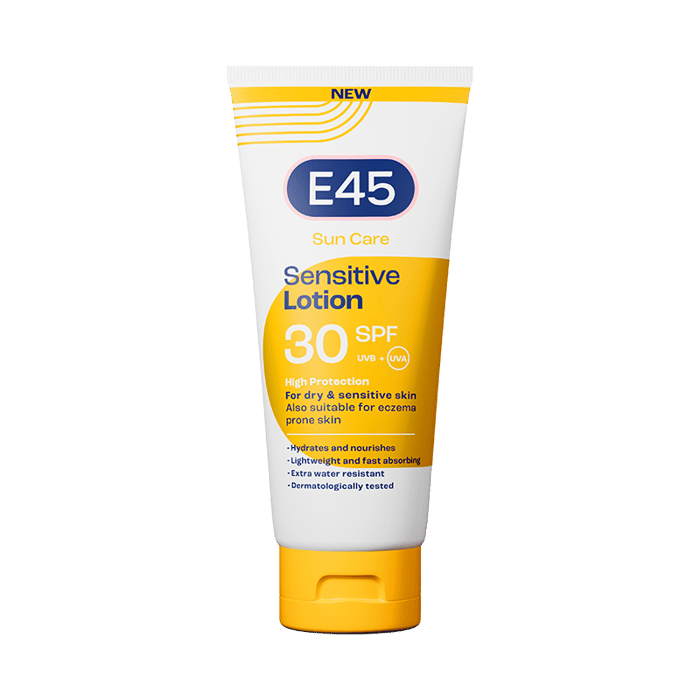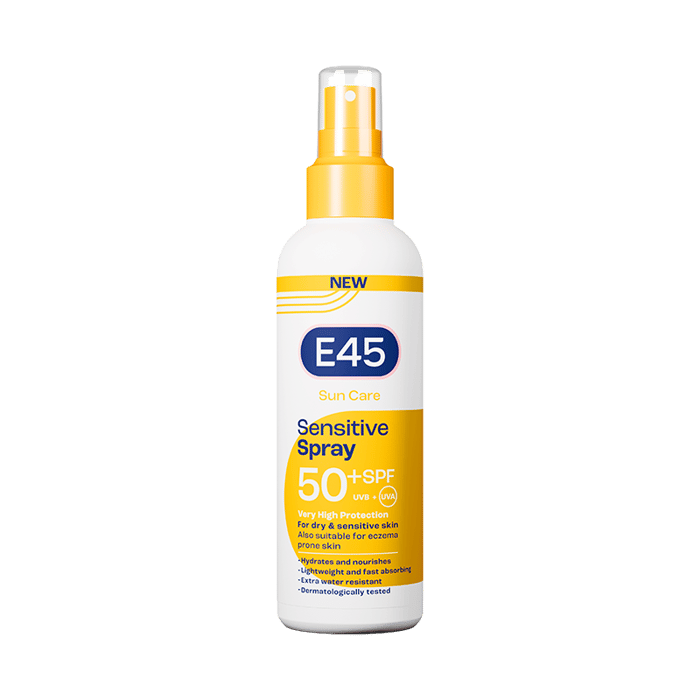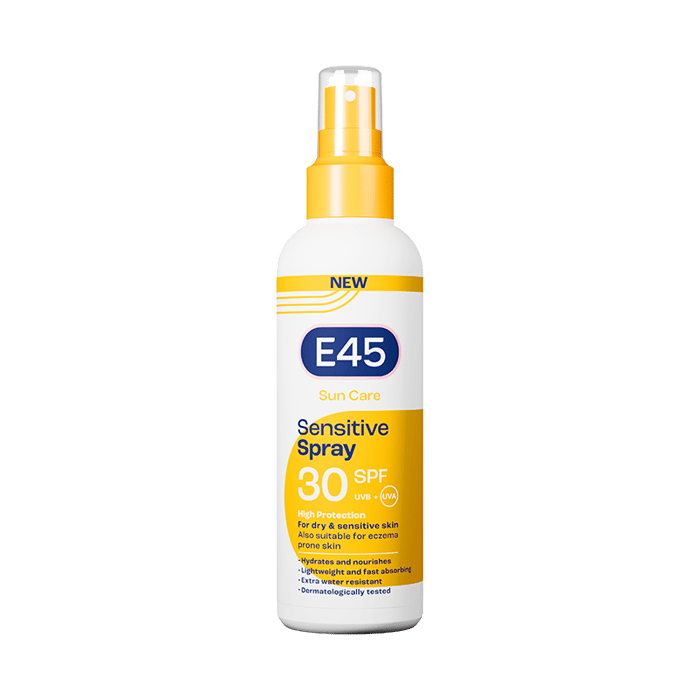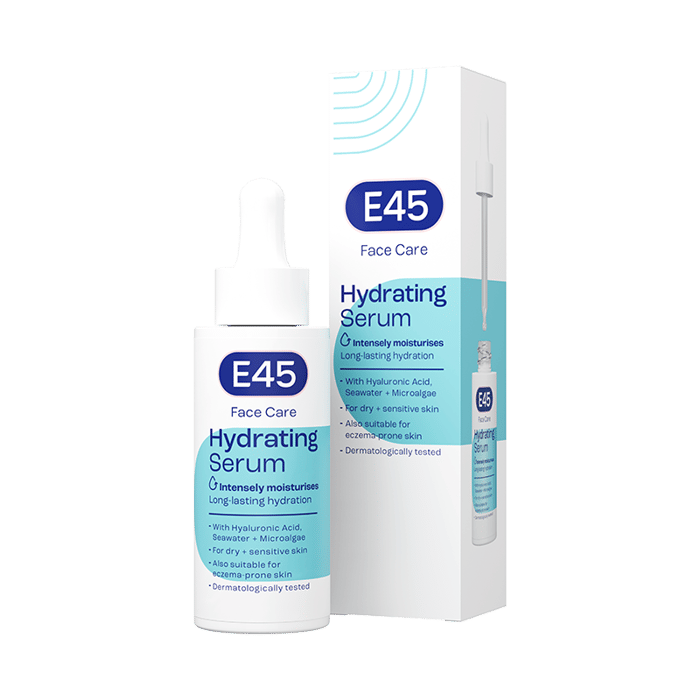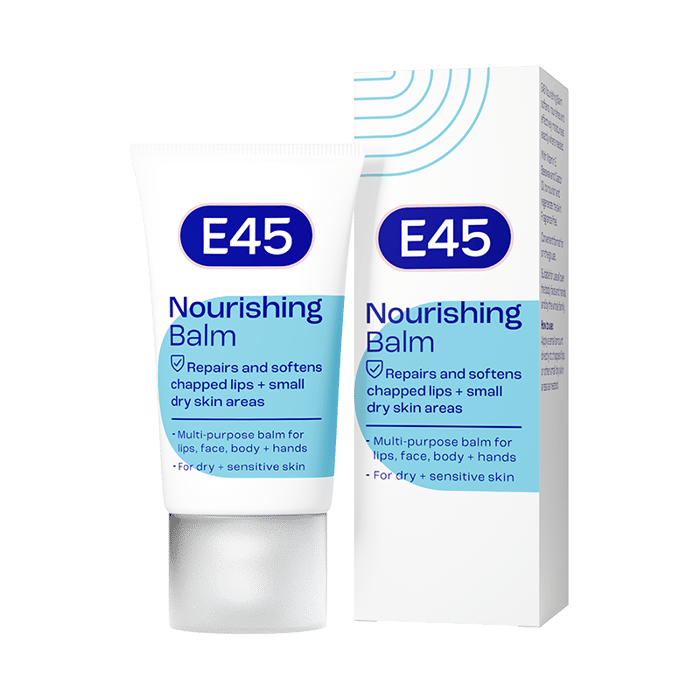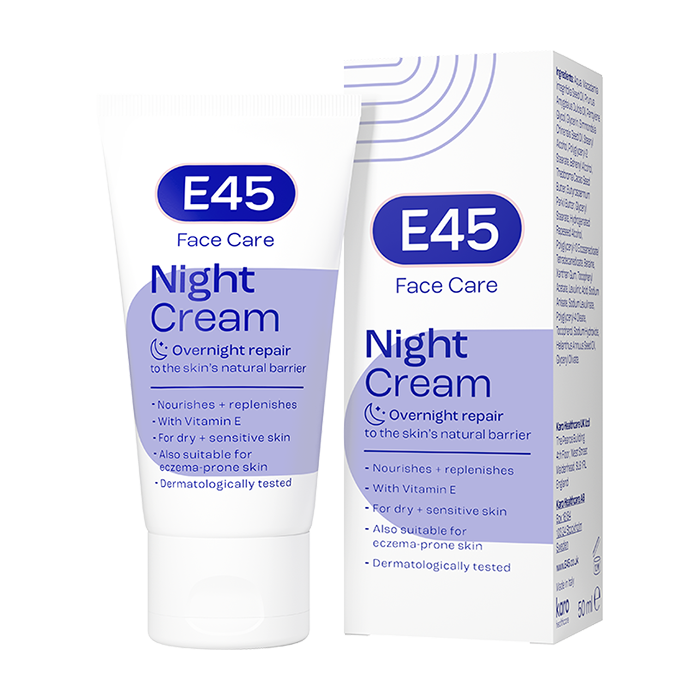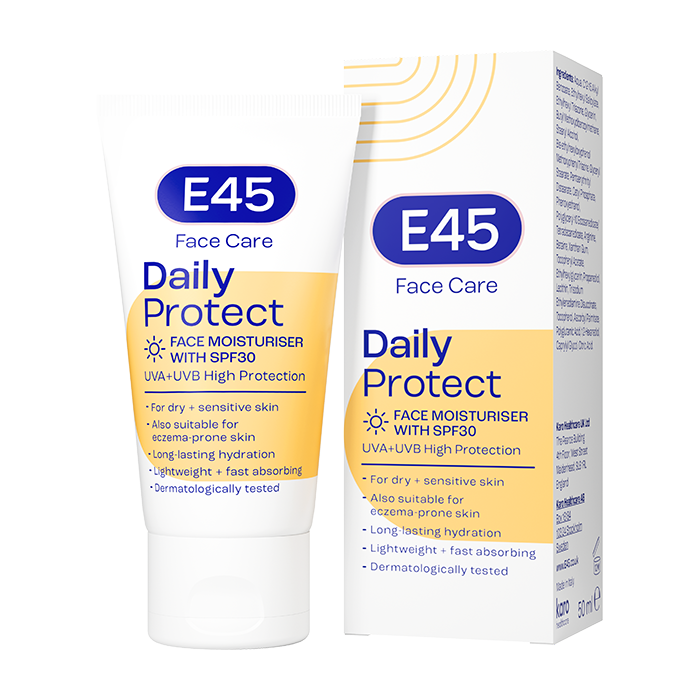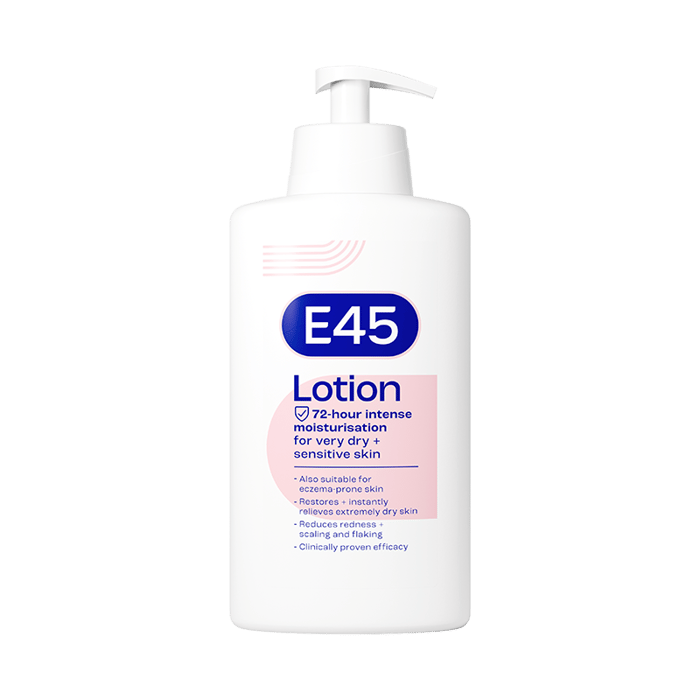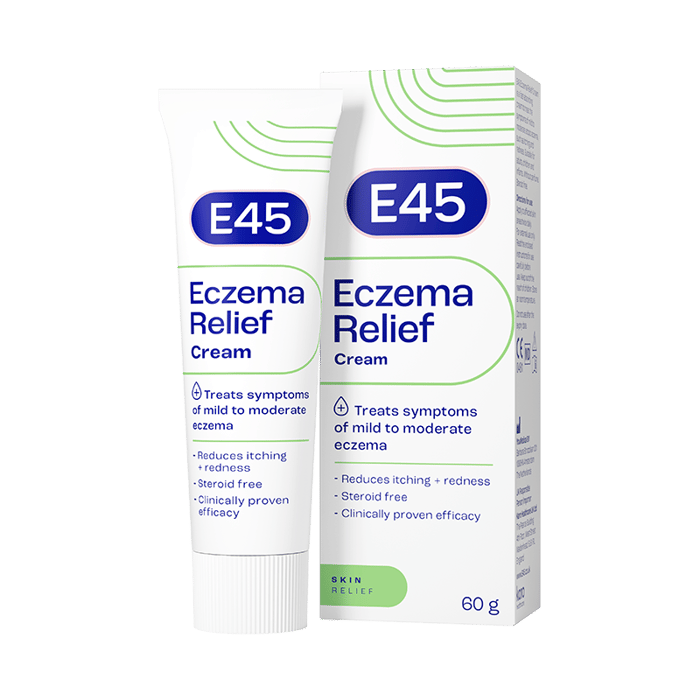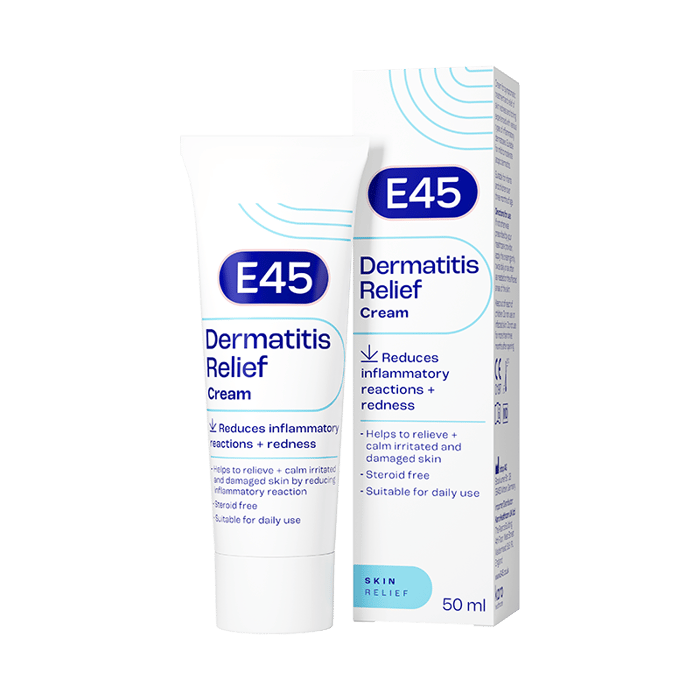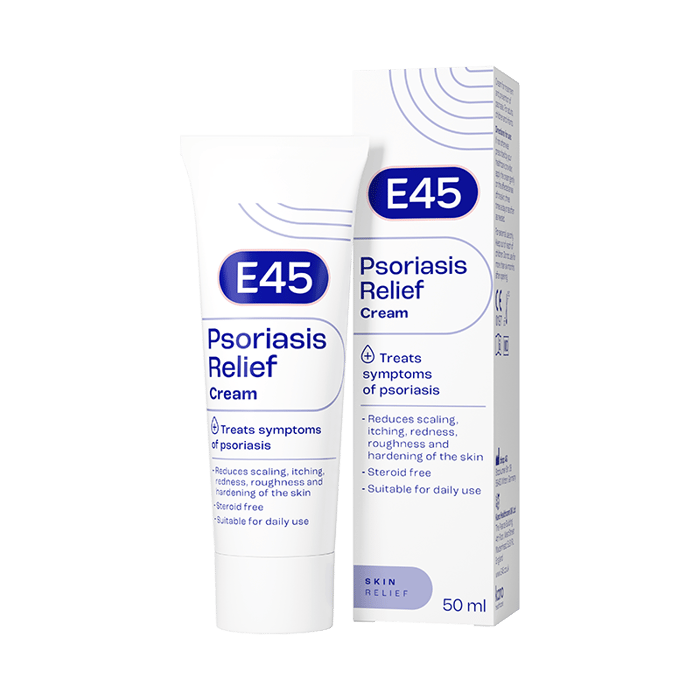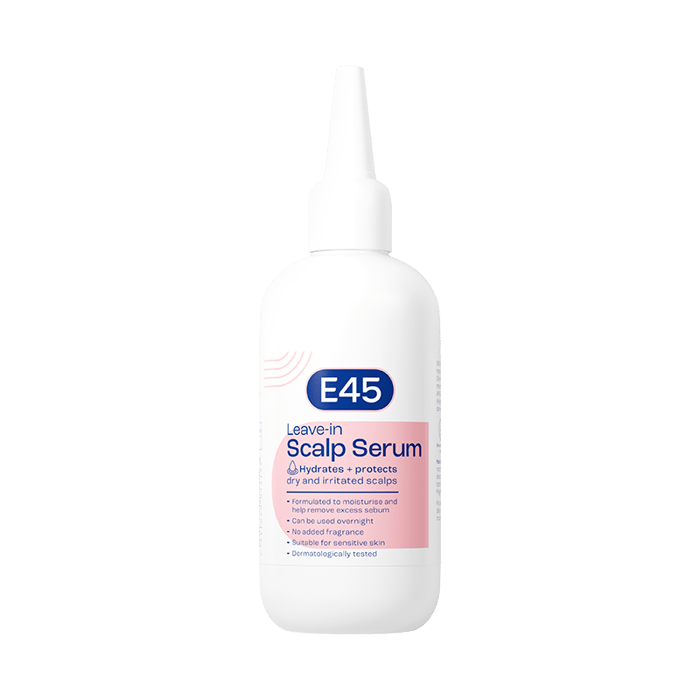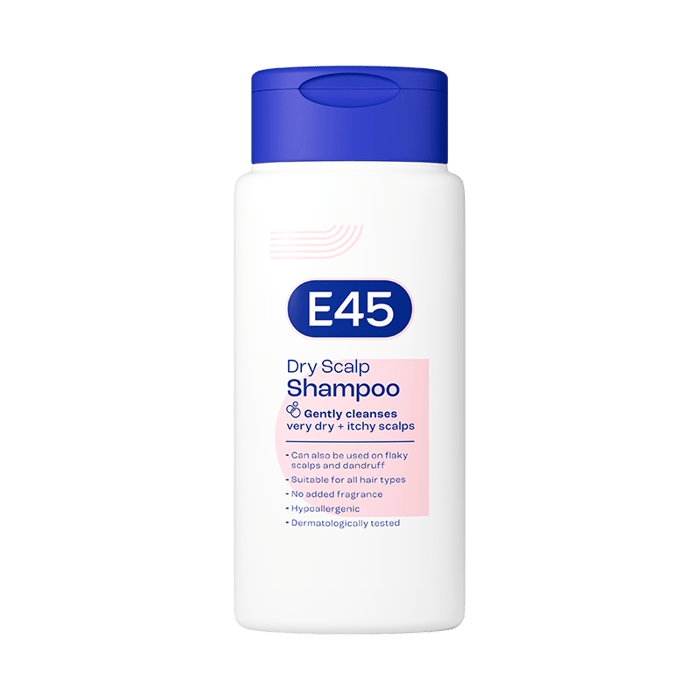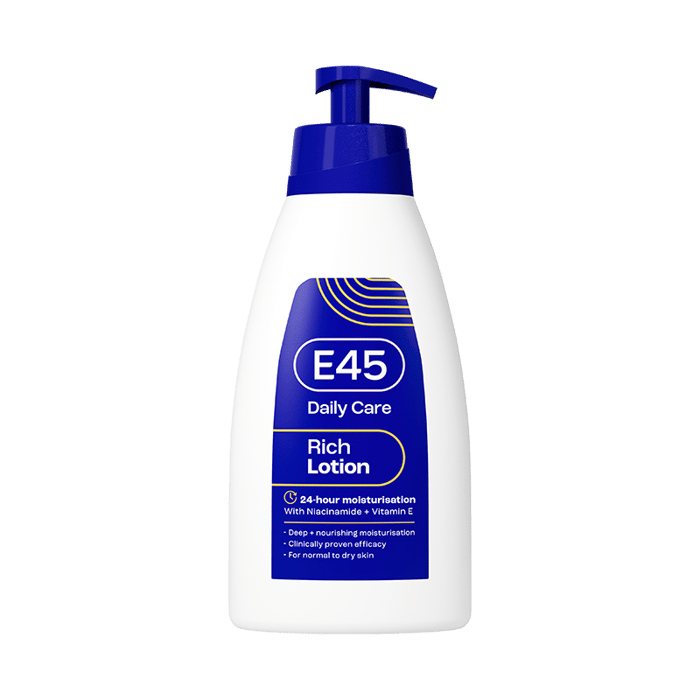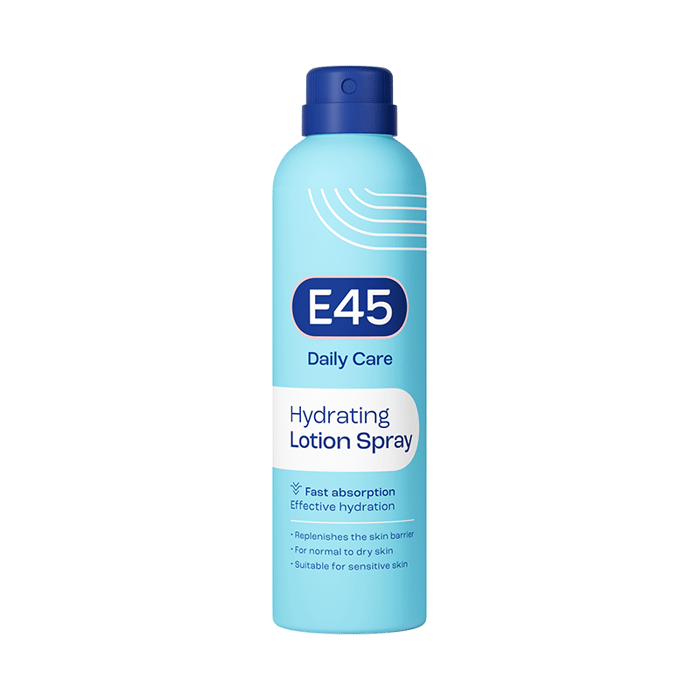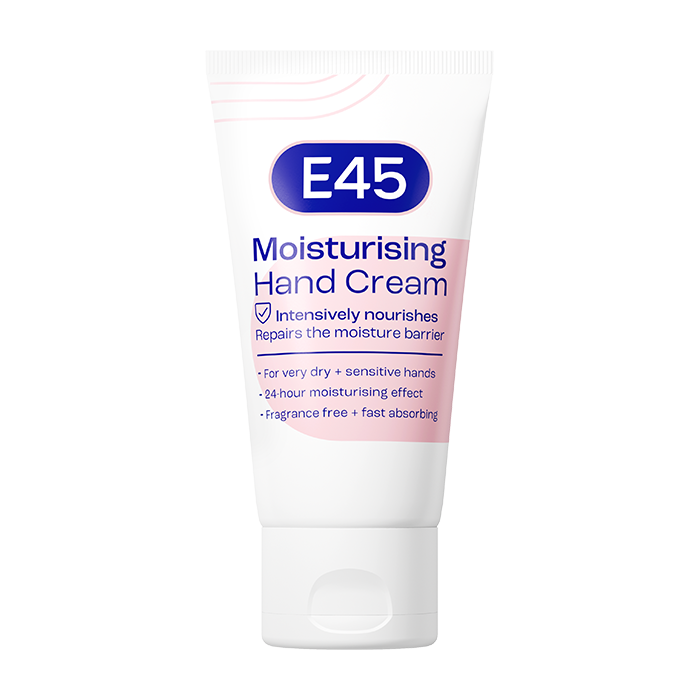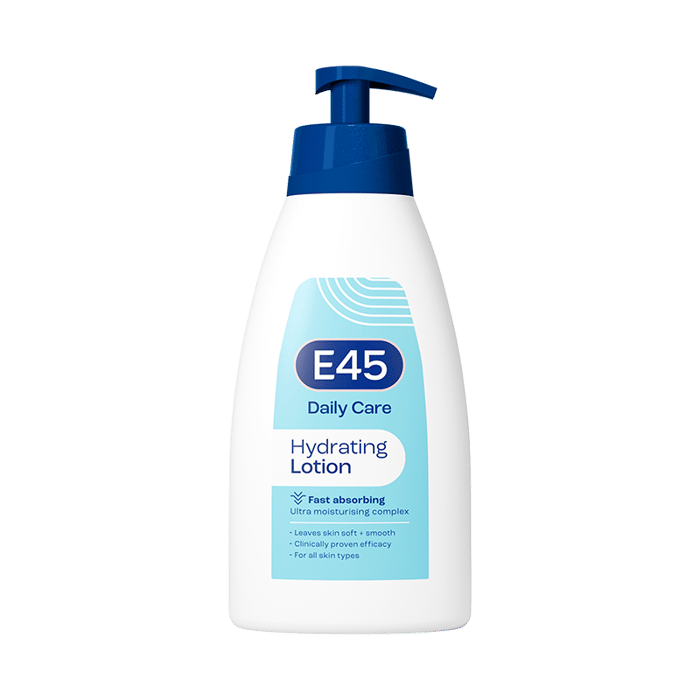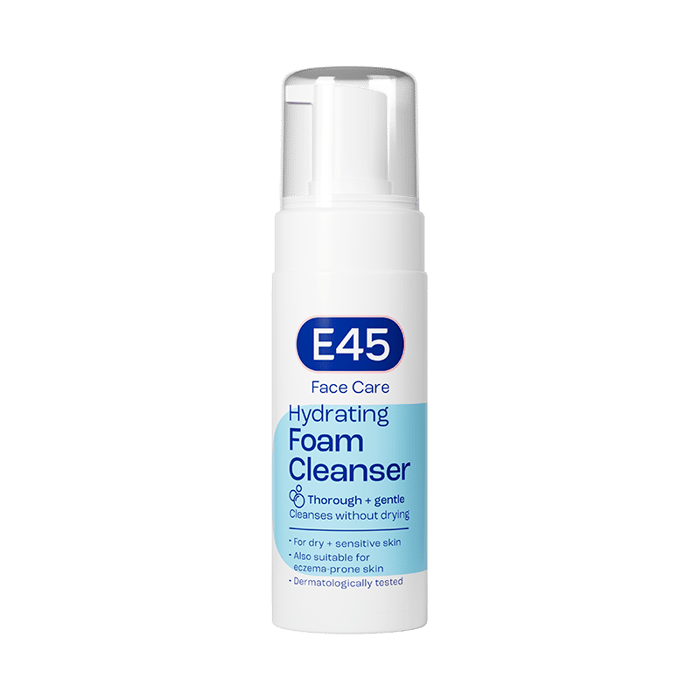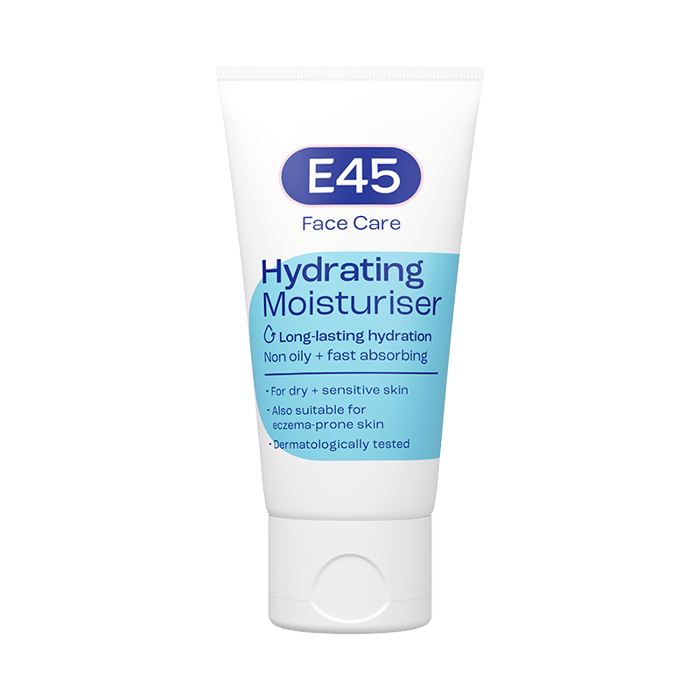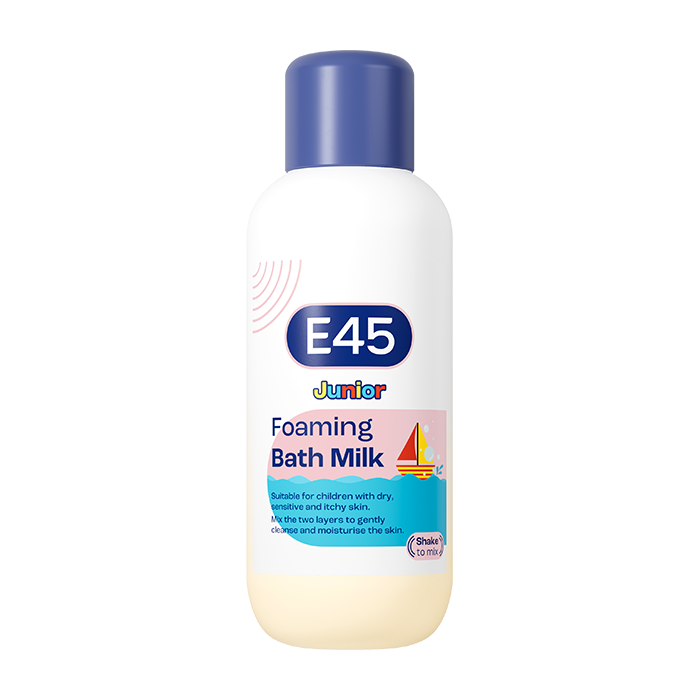Irritated skin
Skin irritation is a common issue that can affect anyone. It manifests as redness, itching, or discomfort and can be triggered by various factors. Understanding its causes and how to manage it can help alleviate symptoms and improve skin health.
What is skin irritation?
Skin irritation occurs when the skin becomes inflamed due to external or internal factors. This can result in symptoms like redness, itching, dryness, or a rash. Irritated skin is often sensitive, which makes it more prone to discomfort and visible changes. It can be triggered by a wide range of factors, from environmental conditions to underlying skin conditions. Understanding what causes skin irritation and how to manage it can help prevent further discomfort and promote healing.
Symptoms of irritated skin
Irritated skin can present with various symptoms, depending on the cause and severity of the irritation. Common signs include:
- Redness: The skin may appear inflamed and flushed, especially in areas of irritation.
- Itching: One of the most common symptoms, irritation often leads to an uncontrollable urge to scratch.
- Dryness: The skin can feel tight, rough, or flaky, often leading to cracks or fissures.
- Flaky skin: Irritated skin may start to flake or shed in small pieces, often as a result of dryness or disruption to the skin’s natural barrier.
- Rash: Small bumps, hives, or blotchy patches may appear, especially if the irritation is caused by an allergic reaction.
- Swelling: In more severe cases, the skin may swell and become tender to touch.
- Burning or stinging sensation: Some may experience a tingling, burning, or stinging feeling, especially when exposed to certain irritants like heat or chemicals.
- Cracking or peeling: In cases where the irritation is caused by extreme dryness, the skin may crack or peel.
Dry irritated skin: Causes and care
One of the most common causes of irritated skin is dryness. When the skin loses moisture, it becomes more susceptible to irritation. This can lead to cracked, tight, or rough skin that
is easily inflamed. Dry skin irritation is especially prevalent during colder
months or in environments with low humidity. It can also occur when harsh
products, like soaps or skincare items, strip the skin’s natural oils.
Other factors that contribute to skin irritation include:
- Contact dermatitis: An allergic or irritant reaction to substances like soaps, detergents, or certain fabrics. This can cause inflamed, itchy patches on the skin.
- Allergic reactions: Exposure to allergens such as pollen, pet dander, or food items can trigger skin irritation, leading to a rash or redness.
- Infections: Skin irritation can also result from bacterial, fungal, or viral infections. Conditions like impetigo or ringworm can lead to noticeable irritation and discomfort.
- Atopic eczema: This long-term skin condition often starts in childhood and causes dry, itchy and inflamed skin. Flare-ups can be triggered by things like stress, allergens, or weather changes.
- Psoriasis: A condition that speeds up skin cell turnover, leading to red, scaly patches that can feel itchy or sore. Irritation tends to come and go in cycles.
- Pregnancy: Hormonal changes during pregnancy can make the skin more sensitive and prone to itching, especially on the tummy, breasts or thighs.
- Insect bites and stings: These can lead to sudden redness, swelling and itching. The irritation usually settles down quickly, but it can be uncomfortable.
- Heat rash: Also known as prickly heat, this happens when sweat gets trapped under the skin, leading to small, itchy bumps, especially in hot or humid weather.
By addressing the root causes and caring for the skin, irritation can often be reduced or prevented.
Here’s how you can care for dry irritated skin:
- Moisturise regularly: Use emollients, which are moisturisers that help to seal in moisture and protect the skin barrier. Applying moisturiser after bathing can help lock in hydration and prevent further dryness.
- Avoid harsh soaps: Opt for mild, fragrance-free cleansers to prevent further drying of the skin. Harsh chemicals can strip your skin of essential oils, making irritation worse.
- Limit hot showers: Hot water can strip the skin of its natural oils. Using lukewarm water and limiting the length of showers can help preserve your skin’s moisture.
- Stay hydrated: Drinking plenty of water throughout the day helps maintain skin moisture from within, reducing the likelihood of dryness and irritation.
Irritated skin on the face: Causes and care
Facial skin is delicate and prone to irritation. Common causes of irritated skin on the face include:
- Cosmetic products: Fragrances, preservatives, or harsh chemicals in cosmetics can irritate sensitive skin. To prevent irritation, try to choose fragrance-free, hypoallergenic products.
- Environmental factors: Exposure to cold, wind, or excessive sun can irritate the skin on your face. It’s helpful to protect your skin with scarves, hats, or sunscreen when venturing outside.
- Conditions like eczema or rosacea: Conditions like eczema or rosacea are common causes of facial irritation. If you suspect a skin condition, it’s a good idea to consult a healthcare professional for advice.
To care for irritated skin on the face, you can try the following:
Use a gentle cleanser: Choose a mild face wash that helps protect the skin’s natural moisture barrier. E45 Face Foaming Cleanser is dermatologically tested for dry and sensitive skin, and it’s also suitable for skin that’s prone to eczema.
Moisturise morning and night: Keeping your face well moisturised can help soothe irritated skin. E45 Face Daily Protect is a day cream with SPF 30 that keeps your skin hydrated and protected throughout the day. At night, E45 Face Night Cream works as a nourishing treatment to soften and replenish the skin while you sleep.
Give your skin an extra boost of hydration: If your skin is feeling particularly irritated, it might need a bit more moisture. E45 Face Hydrating Serum locks in hydration for 48 hours while helping to strengthen and restore the skin’s natural barrier.
How to soothe and manage skin irritation
Managing skin irritation involves both immediate relief and long-term care. Here are some practical ways to help soothe the skin:
- Cool compresses: Applying a cool, damp cloth can soothe inflamed skin, providing instant relief from itching and discomfort.
- Avoid scratching: It’s natural to want to scratch irritated skin, but this can worsen the problem, leading to further inflammation or even infection. Try to resist the urge, and keep your nails short to prevent accidental scratching.
- Use over-the-counter treatments: Antihistamines can help with allergic reactions, and hydrocortisone creams can reduce inflammation. These treatments can provide temporary relief, but it’s important to use them as directed.
- Identify triggers: Keeping a skin diary can be helpful in tracking potential allergens or irritants that may be causing your skin irritation. Once you identify the triggers, it can be easier to avoid them and reduce the risk of future flare-ups.
Home remedies and self-care for skin irritation
Incorporating these self-care practices into your routine can help manage skin irritation and promote healing:
- Oatmeal baths: Colloidal oatmeal, available in powdered form, can help relieve itching and inflammation. This natural remedy is especially soothing for conditions like eczema or allergic reactions. (Source)
- Aloe vera: Aloe vera gel is well-known for its soothing properties. It can calm irritated skin and promote healing.
- Coconut oil: Coconut oil acts as a natural moisturiser, providing hydration while also having anti-inflammatory effects. It’s a gentle remedy that can help reduce redness and discomfort.
- Avoid tight clothing: Tight clothing can cause friction against irritated skin, making it worse. Loose-fitting clothes reduce this friction and help your skin breathe, giving it a better chance to heal.
Conclusion
Skin irritation is a common issue that can arise from various factors, including skin conditions, allergies, infections, and environmental conditions. By understanding the causes and implementing the right care, you can soothe irritated skin and keep it comfortable. Moisturising regularly, using gentle products, and identifying any triggers are key steps in managing skin irritation. If symptoms persist or worsen, it’s important to seek guidance from a healthcare professional.
FAQ: Irritated skin
What causes skin to irritate?
Skin irritation can be caused by allergens, infections, harsh chemicals, dry skin, or environmental factors like heat or cold.
What should I do for skin irritation?
To soothe skin irritation, moisturise, avoid scratching, use cool compresses, and consider over-the-counter creams like hydrocortisone.
What medicine is good for itchy skin?
Antihistamines or hydrocortisone creams can help relieve itching, but it’s best to consult a healthcare professional if symptoms persist.
What is the best medicine for rashes?
Topical corticosteroids or hydrocortisone creams are often effective for treating rashes, but always follow medical advice for the best treatment.
How do you treat irritated skin?
Treat irritated skin by moisturising regularly, avoiding triggers, using gentle skin products, and applying cool compresses for relief
What is irritable skin?
Irritable skin refers to skin that is sensitive or prone to inflammation, often resulting in redness, itching, or discomfort.
What does irritated skin look like?
Irritated skin may appear red, inflamed, dry, or have a rash. It can also be itchy or painful to touch.
How to treat skin irritation from tape?
Remove the tape gently, cleanse the area with lukewarm water, and apply a soothing moisturiser or aloe vera to calm the irritation.
How to treat skin irritation from salicylic acid?
Rinse the area with water to remove any excess acid, then apply a soothing moisturiser. If irritation persists, consider discontinuing use.
How long does skin irritation last?
The duration of skin irritation varies depending on the cause but typically lasts from a few hours to several days.
How to calm skin irritation?
Calm skin irritation by applying a cool compress, moisturising, and avoiding scratching. Over-the-counter hydrocortisone cream may also help.
What foods can cause skin irritation?
Certain foods like dairy, nuts, eggs, or shellfish can trigger allergic reactions, leading to skin irritation.
What causes skin irritation?
Skin irritation can result from allergies, infections, harsh products, dry skin, or environmental factors like heat, cold, or humidity.
Can stress cause skin irritation?
Yes, stress can trigger skin conditions like eczema or psoriasis, leading to irritation or flare-ups.
Sources:
www.nhs.uk/symptoms/itchy-skin/
www.nhs.uk/conditions/dry-skin/
acaai.org/allergies/allergic-conditions/skin-allergy/
www.healthline.com/health/skin-infection
www.healthline.com/health/rashes

